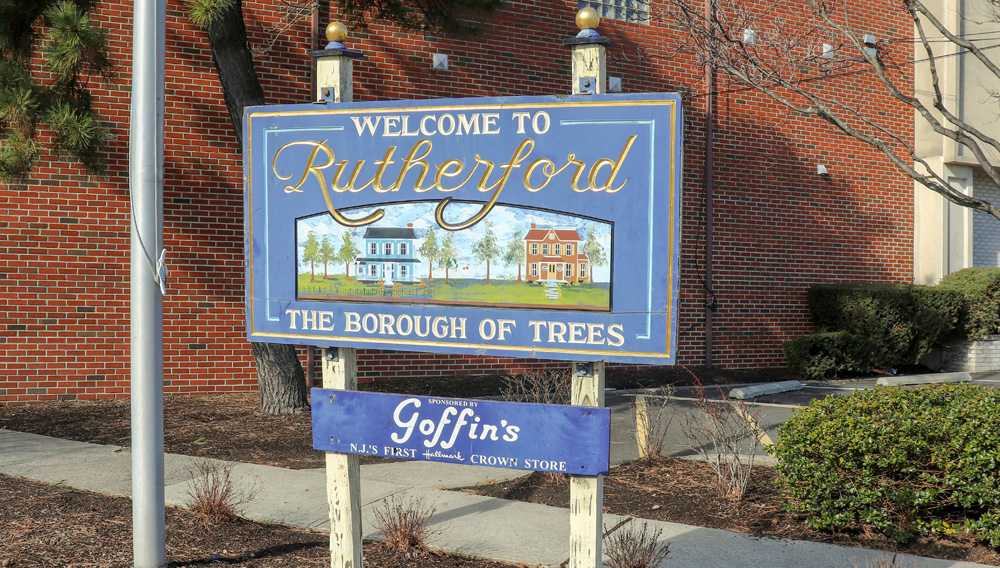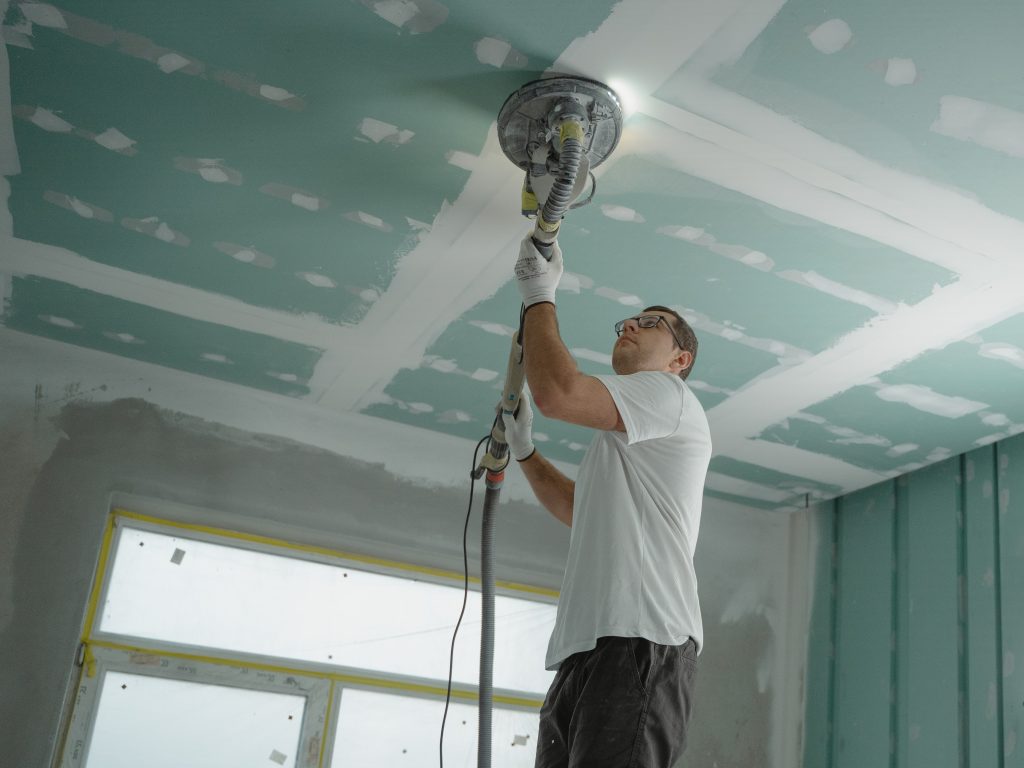
New construction homes in Rutherford, NJ, have been making a significant impact on the local real estate market, and it’s no surprise why. As homebuyers’ preferences shift toward modern designs, energy efficiency, and smart home technology, developers are stepping up to meet the demand for new builds. Rutherford, situated just a short commute from New York City, offers a variety of newly constructed properties that combine contemporary style with suburban charm.
One of the key advantages of purchasing new construction homes in Rutherford is the ability to customize. Many builders allow buyers to choose finishes, colors, and even layouts that align with their personal tastes. Whether you’re looking for a spacious single-family home with a backyard or a modern townhome with low maintenance, the options are diverse and plentiful. Additionally, these homes often come with warranties that provide peace of mind, knowing that major systems like plumbing and HVAC are brand new.
Another perk of choosing new construction in Rutherford is the energy efficiency factor. New builds are designed with cutting-edge technology that reduces energy consumption, saving homeowners money on utilities while helping the environment. From solar panels to energy-efficient appliances, these homes are built to meet today’s sustainability standards.
If you’re considering buying in Rutherford, now may be the perfect time to explore the area’s new construction offerings. With a combination of modern amenities, desirable locations, and the opportunity to create your ideal home, it’s clear why new construction is becoming such a popular choice in this thriving New Jersey community.





